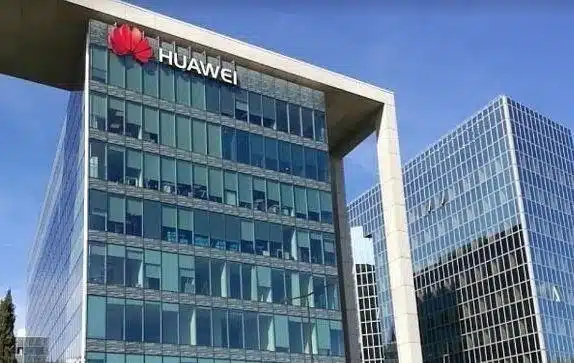Malawi is set to launch the Smart Village Initiative to improve internet access in rural and isolated areas. The initiative is a partnership between the Malawian government and Huawei, a global telecommunications giant.
President Lazarus McCarthy Chakwera announced the plan at the Forum on China-Africa Cooperation Summit in Beijing, China.
The initiative aims to enhance digital connectivity and access to online services in rural regions. It will include setting up technical training centers to equip young people with essential digital skills. Training will cover areas like artificial intelligence, cybersecurity, and smart agriculture solutions.
Also Read: ChitChat Partners with Mastercard to Launch Virtual Debit Cards for Cross-Border Payments
Boosting Digital Skills in Rural Malawi
The Smart Village Initiative is part of Malawi’s broader strategy to drive digital transformation in rural areas. With only 27.7% of the population connected to the internet at the start of 2024, this effort is critical. Malawi has a population of just over 20 million, but only 5.86 million have internet access.
The project’s training centers will focus on bridging the digital divide. The centers will help rural youth gain skills necessary for the modern job market. Huawei’s involvement highlights its growing influence in African digital development.
Huawei recently announced plans to invest $430 million over four years in 28 African countries. This investment includes funds for cloud development, local partnerships, and training future digital professionals. Huawei’s smart village initiative follows similar efforts in Uganda, where the company is establishing network towers, solar power stations, and smart classrooms.
Africa’s Push for Digital Transformation
Malawi is not the only African country working to enhance digital access. In 2023, the government revealed plans for the Digital Malawi Program, supported by the World Bank. This program aims to accelerate digital transformation, drive economic growth, and improve access to markets and services.
Meanwhile, Sierra Leone has signed a $50 million deal with China National Technical Import & Export Corporation for a SMART Sierra Leone Project. This project aims to expand internet access to 400,000 citizens, establish national data centers, and boost state infrastructure security.
These efforts reflect the increasing involvement of Chinese firms in Africa’s digital landscape. As countries like Malawi, Uganda, and Sierra Leone strive to boost connectivity, initiatives like the Smart Village will play a crucial role in Africa’s digital future.

